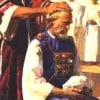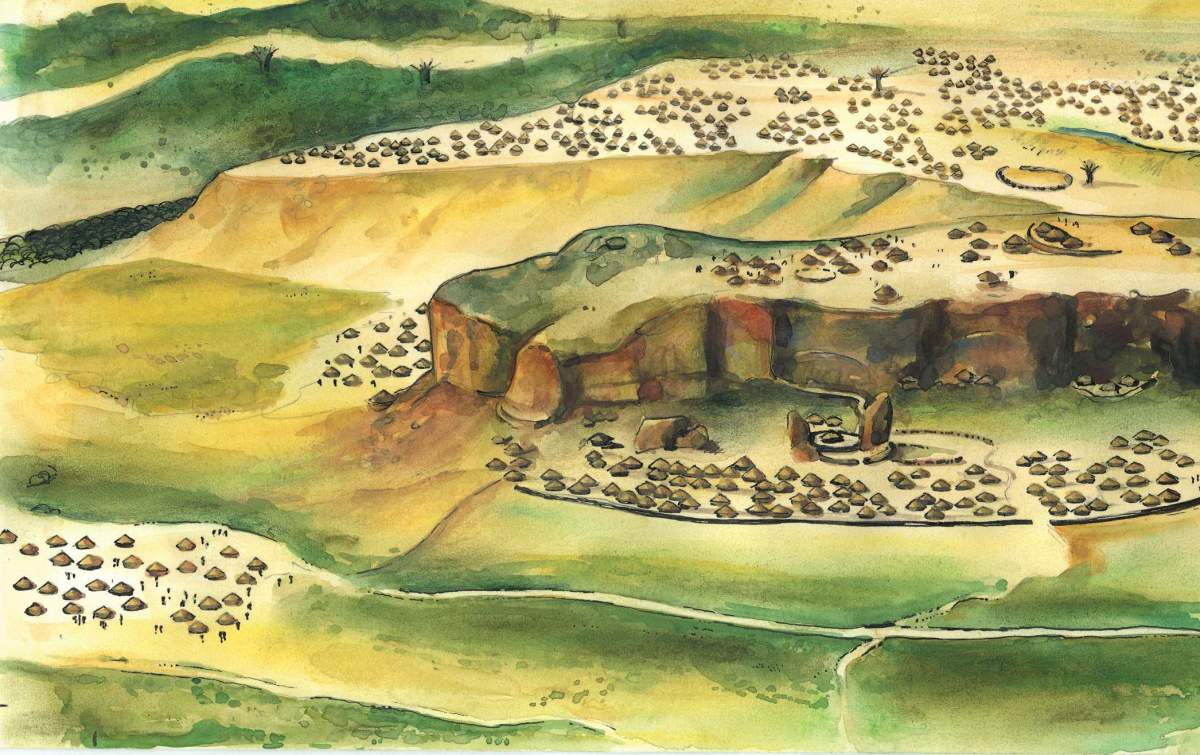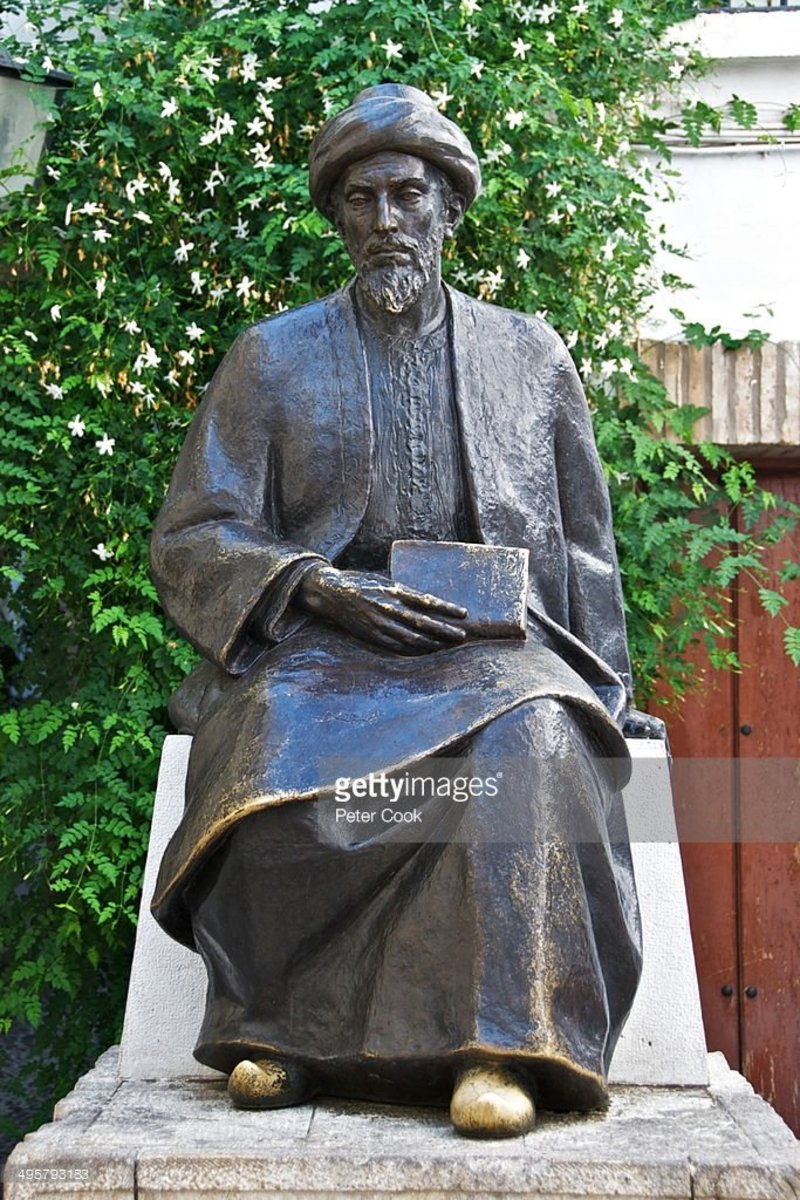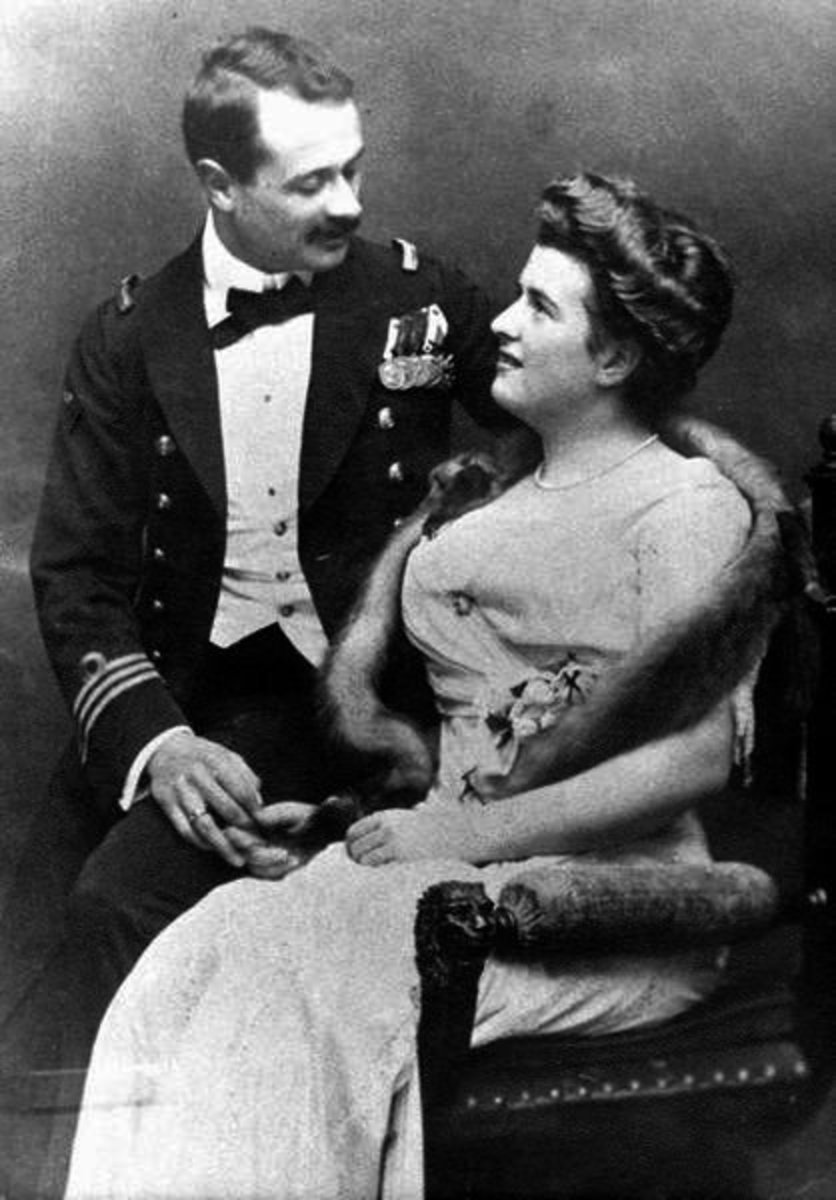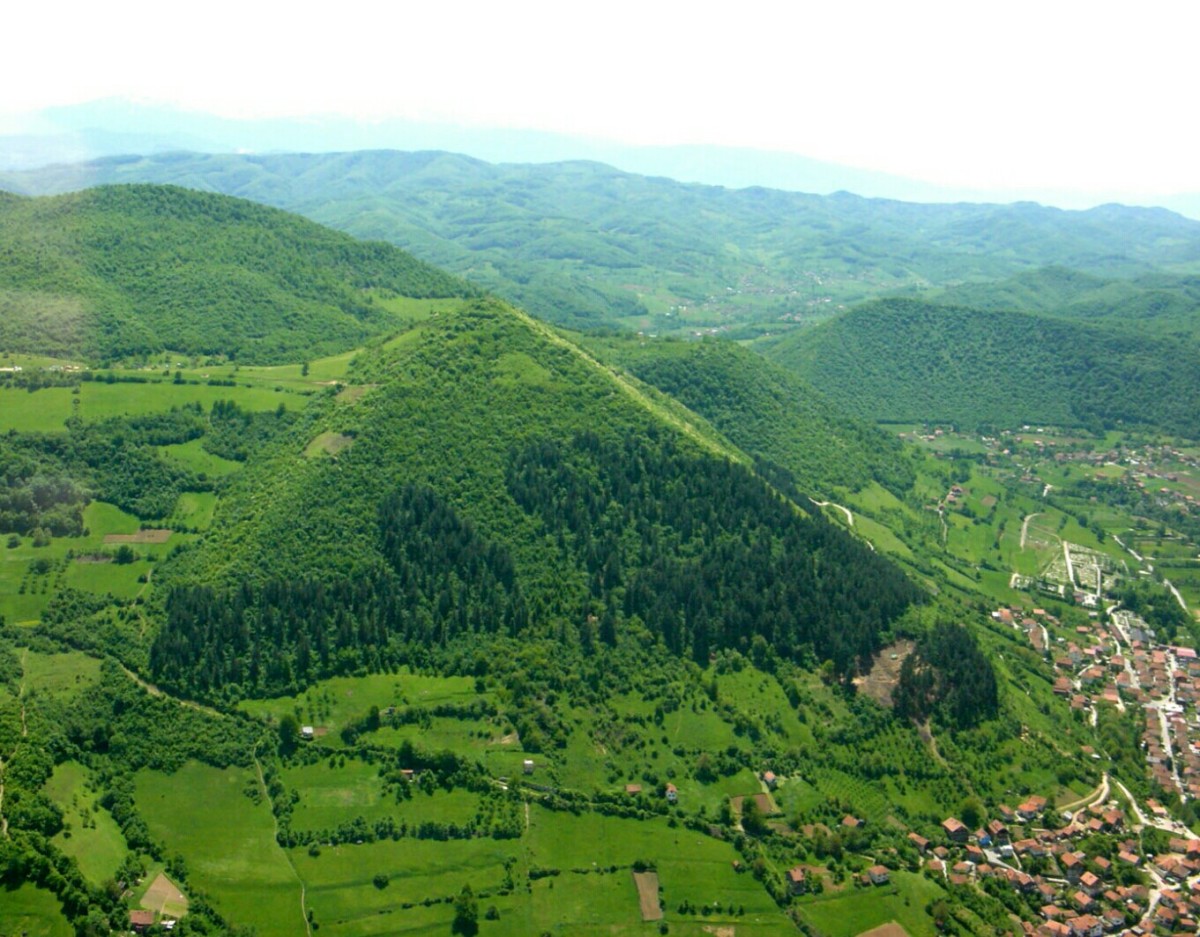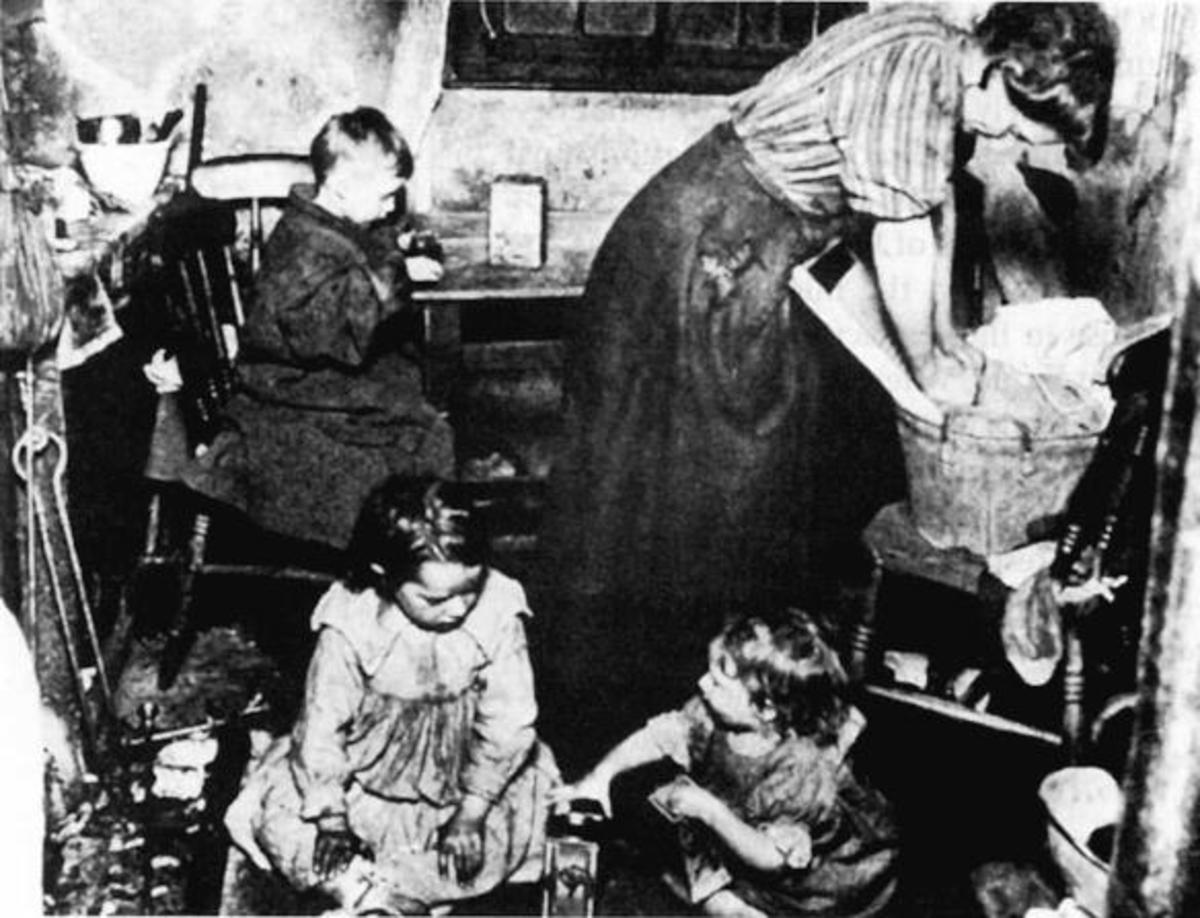Karaites and History Part 2
In a continuation from the previous hub, http://hubpages.com/hub/Karaites-and-History it is evident that in spite of Karaism's disdain on a religious level for the Talmud as a man-made creation, it still looked at certain Rabbanite practices as historically significant and adapted them into the Karaite overview of history. At the same time, the relationship that Karaites had with their host cultures also meant that their worldly historical perspective would also be taken into consideration and in turn incorporated into Karaite history as well. This complex model of adoptive sociohistorigraphical change meant that the history of Karaism was constantly in a state of flux and continually developing. As a result, the historical background of a particular Karaite community depended more on location and the relationship with its neighbours than on a common religious background. Whereas the larger Rabbanite population could insulate itself against the social pressures of its host, through ghetto life and isolation, Karaites never had the degree of separation to do so. There are those that have referred to Karaite history as 'creative history' since the communities would often paint their history in the form of apologia due to the external pressures of the host society. For example, when faced with persecution by the Russians under Catherine the Great, the community in Russia created an entirely new historical origin by claiming to be an offshoot of Tartar civilization and therefore not necessarily Jewish in origin at all. This was successful in that the Russian government accepted the new origin, granting Karaites equivalent standing with any other Russian community and excusing it from any of the pogroms or persecutions it perpetrated on the Rabbanite Jewish community. Of course this fabricated origin came back to haunt the Karaites of Russia when Rabbanite Judaism refused to accept Karaites as fellow Jews, quoting our own words that we were Tartars and not Semitic at all. So creative history, although having its use as demonstrated is a problem when trying to identify true Karaite history.

Karaite Historiography
What we do know is that Karaite history as a distinct Jewish community began in the eighth century. As Karaite law developed towards the end of the eleventh century there was a need for self-identification in order to make it clear where the separation between Karaism and Rabbanite Judaism lay. In contrast to Rabbinic scholars of the same time period that only provided snippets of history for their own community, the Karaites used the biblical texts to provide the justification for the differences by which they lived. By doing so, they were actually writing a commentary of their sociohistorical development, providing an anthopological assessment of themselves. This historical commentary intensified when the Karaite intellectual community became focused in Byzantia in the eleventh century. Practicing the philosophy common to the Greek culture of this civilization, Karaites developed a chain of tradition to demonstrate the links from the past to the continuity in this new Empire. This process continued all the way into the eighteenth century when the Karaite intellectual community had shifted to Lithuania and needed to explain not only the migrations but how this movement was directly linked to the biblical past. If there's one word to describe this historical chain of tradition it would be evolution. Unlike Rabbanite Judaism, Karaism appreciates the fact that we evolved, recognising that over time tradition and practices may have changed but the fundamental underlying belief remained the same. Fortunately we can chart this historical change through the works of such Karaite writers as Caleb Afendopolo, Daniel Frank, SImhah Lutzki and Moses Bashayachi to name a few. Whereas most would say the major dividing point between Karaism and Rabbanism is the Talmud, I tend to add our love for history as another major point of division. As one might tell from my own compulsion to write historical articles, we Karaites love our history. It defines us, makes us who we are, and provides us with an ancestral link that is absent from Rabbinic Judaism. Often in the past, Karaite scholars when engaging in debate with their Rabbinical counterparts would make a point of quoting their ancestral lines as a means of emphasizing the legitamacy of their argument, knowing that the genealogical linkages within the Rabbinic community had not been preserved since the Rabbis wanted to eliminate any heirarchial advantage granted to anyone with what would be considered an aristocratic lineage. Such a historical link would be threatening to their own authority as leaders of their community and therefore had to be eliminated. This led to the mistaken concept in non-Jewish European communities that there was no stratification in Jewish society, and no such thing as Jewish nobility, which made it easier for them to treat everyone as peasants and therefore subjectable to persecution. Since the priesthood and exilarchate was of vital importance to Karaism, the preservation of this ancient stratification was not only documented but served a functional purpose in the administration of the community and conduct of religious practices.
Harmonistic Approach
Harmonization is a rabbinic philosophical approach to history. As I mentioned previously, by placing everyone on an equal footing the rabbis avoided any challenge to their authority and this levelling served as a means to indoctrinate everyone with a linear view of Judaic history. Of course any group that protested or rejected this singular concept of Judaism was branded heretical and essentially excommunicated, much in the same way that Karaites were rejected and accused of being non-Jews. Essentially, Rabbinic Judaism produced a uniform approach to the examination of the community over time that effectively read as a constant. Though rabbinic Judaism may have splintered into different sects, these were merely groups that followed the teachings of one particular rabbi over another, more correctly defined by adopting different clothing, singing different melodies, and celebrating with different degrees of enthusiasm, but there were no changes to the religious doctrines that they practiced. By avoiding assimilation within the host community through the practice of self-isolation, the rabbinic communities prevented sociohistorical change, and the only external impact became one of persecution, progroms, and riots which resulted in death and destruction to various degrees within the community. Once the event transpired they would restore their community to the pre-catastrophic life, essentially negating any historical development. Once again harmonization meant keeping everyone and everything the same.
Fortunately, this practice of harmonization was neither instituted nor possible for the Karaite communities. Because of their separation over the European, African and Middle Eastern countries and their living amongst these foreign entities and not isolated from them, Karaites altered their lifestyles to reflect their interactions with their Rabbinic Jewish, Muslim and Christian neighbours. These all had major influences on the practices by Karaites and essentially manifest themselves as the differences in religious practices between our communites. Unfortunately there are some amongst Karaites today that would like to see the same harmonization practiced by Rabbinical Jews enforced amongst the Karaim. Whatever their reasons for taking this position it is obvious that they fail to recognize that such a practice would be the very antithesis of what Anan ben David professed when he developed the Karaite faith. It is the individual's interpretation of the scripture and practice of biblical instruction in a manner best suited to them that is the key to Karaism. Uniformity, being told what to believe and the narrowed approach to the Torah is everything that we historically as a people strove and fought against. Future hubs will demonstrate how our history was shaped by the host countries in which we lived and in the end it is our differences that have made us both unique and steadfast in our beliefs.
